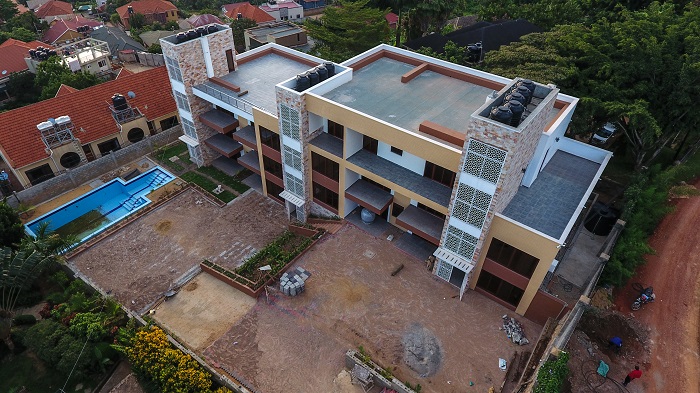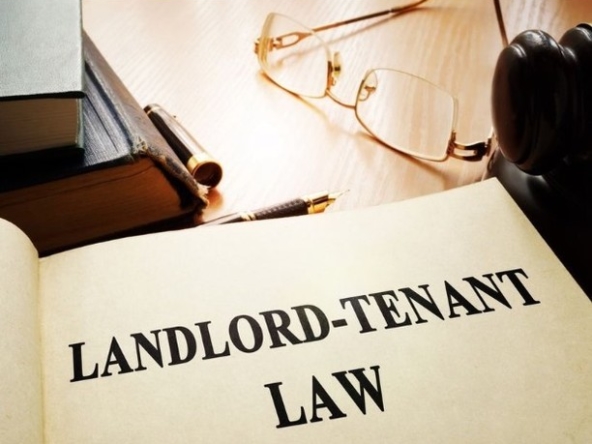Condominium Ownership in Uganda: What You Need to Know
What do I own?
As a condominium unit owner, you have purchased both an individual unit and an interest in the common elements of the condo corporation.
What this means is that you have purchased a piece of real estate and have also become part of a wider community of owners that together make up the condo corporation. This shared ownership also entails certain expectations from you as an owner, and what you can expect from your condo board.
Considering the above, it is easy to see how owning a condo unit can be very different than owning a traditional house. To assist condo owners with better understanding what is expected of them and what they can expect from their condo board, Spectrum has developed these helpful materials.
What can I do as an owner?
As owning a condo unit varies considerably from owning a traditional house, the Condominium Act, 2001 (the “Act”) allows condo owners to do certain things that traditional home-owners cannot, including:
- Attending and voting at owners’ meetings;
- Seeking election to the condo board;
- Reviewing the condo corporation’s records, such as financial statements and meeting minutes;
- Requisitioning an owners’ meeting;
- Using the common elements and amenities of the condo corporation in accordance with the Act and the condo corporation’s declaration, by-laws, and rules;
- Requesting that an item be added to an owners’ meeting agenda;
- Working to resolve issues early and maintain harmony within your condo community.
What am I expected to do as an owner?
As an owner within a condo corporation you are part of a shared ownership. This shared ownership requires a governance structure that involves an elected board of directors to manage the operations. It is important to be actively engaged in your condo community and participate in activities that will help ensure it is governed and operating effectively. This participation includes:
- Attending and voting at owners’ meetings;
- Electing qualified individuals to the board of directors and/or standing for election on the board;
- Reviewing and providing feedback on the materials provided by the condo corporation including information certificates, financial statements, the auditor’s report, reserve fund studies, and plans for future funding of the reserve fund;
- Complying with the Act and the condo corporation’s declaration, by-laws and rules;
- Notifying the condo corporation if your unit is leased;
- Repairing and maintaining your condo unit in accordance with the Act and the corporation’s declaration, by-laws, and rules; and
- Paying your common expenses fees on time.
What can I expect from my condo board?
According to the Act, the board of directors is responsible for managing the affairs of the condo corporation. As part of this responsibility, there are several things that owners can expect from the condo board, including:
- Ensuring compliance with the Act and the condo corporation’s declaration, by-laws, and rules;
- Notifying owners in advance if the condo corporation needs to access the unit;
- Notifying owners in advance of any upcoming owners’ meetings;
- Providing owners with required documents such as information certificates, financial statements, the auditor’s report, summaries of reserve fund studies, and plans for future funding of the reserve fund;
- Acting honestly and in good faith in their capacity as directors;
- Planning for the repair and maintenance of the common elements in accordance with the Act and the condo corporation’s declaration and by-laws; and
- Identifying and disclosing any conflicts of interest.





